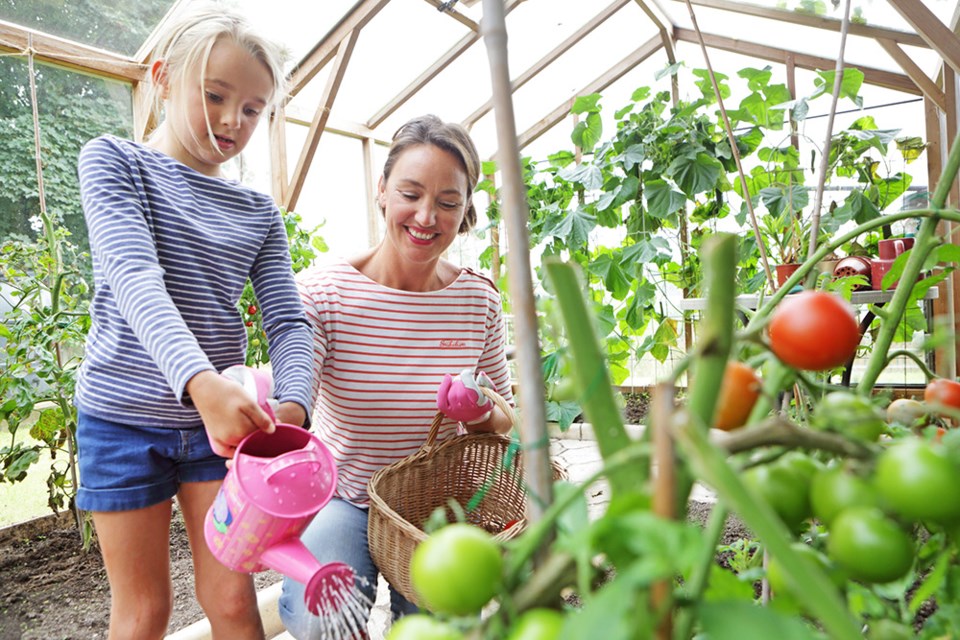Saving the world is an intimidating task. Narrowing our focus to where we live feels more inspiring and, frankly, more possible.
The microcosm of the world is reflected in each community. Just as a thriving planet needs clean air, water, soil and biodiversity, so too does our patch of paradise. Becoming stewards of where we live is a great way to direct our appreciation of what the earth gives us daily.
Imagine a contracted reality, where everything you bring into your life comes from just down the street. Your clothes, your food, your homes and your tools. Imagine, too, that everything that has reached the end of its life cycle is laid to rest nearby. Your waste, your pets, your food scraps and even your winter tires.
How might that change your day to day choices?
When the consequences of our lifestyles are abstracted, we seem to care less about our impact, or at the very least to feel disempowered about our ability to affect meaningful change.
Humans operate best on a personal scale. Interacting with nameless, faceless people downgrades our empathy and compassion. We’re much more motivated to change bad habits when we can see results. That’s much tougher on a global scale.
Thinking globally but acting locally is a notion that took root for good reason. It simply feels right to shop at farmers’ markets, know the name of our mechanic and support the local economy. We know in our bones that we are part of a story that nurtures the place we call home.
Living in a small community also invites us to think twice about what we dump in our backyards and how much we take from our neighbours. At a global scale this is much more challenging. Resources are bought and sold without much thought, other than our personal need or desire to acquire them.
Inherent in the very word ‘re-source’ is the idea that there is a cycle. Rather than fostering an extractive, linear growth mindset, we take only with the understanding that there needs to be a replenishing, or we and our fellow villagers will suffer. An incomplete circle offers only dried out lakes, barren fields and empty shelves.
Villages reduce anonymity and increase connection. By reinhabiting the village, we make our way home to a more sustainable scale of living.
The heart of the village is acknowledged connection with nature and each other. Just how this fleshes itself out in each of our lives is nuanced. We could begin seed saving, sharing ownership of belongings, putting in a gate between neighbouring properties, learning about backyard composting, preserving food, making our own clothes, hosting a garage sale or starting a building materials restore hub for the community.
The point is to get out of the watered down perspective of diverted responsibility for good care of the earth. While we may still rely on supply chains outside our communities, holding the mindset of a villager might support the healing of a stressed and stretched planet earth.
Let’s Talk Trash is qathet Regional District’s waste reduction education program. For more information, email [email protected] or go to LetsTalkTrash.ca.



